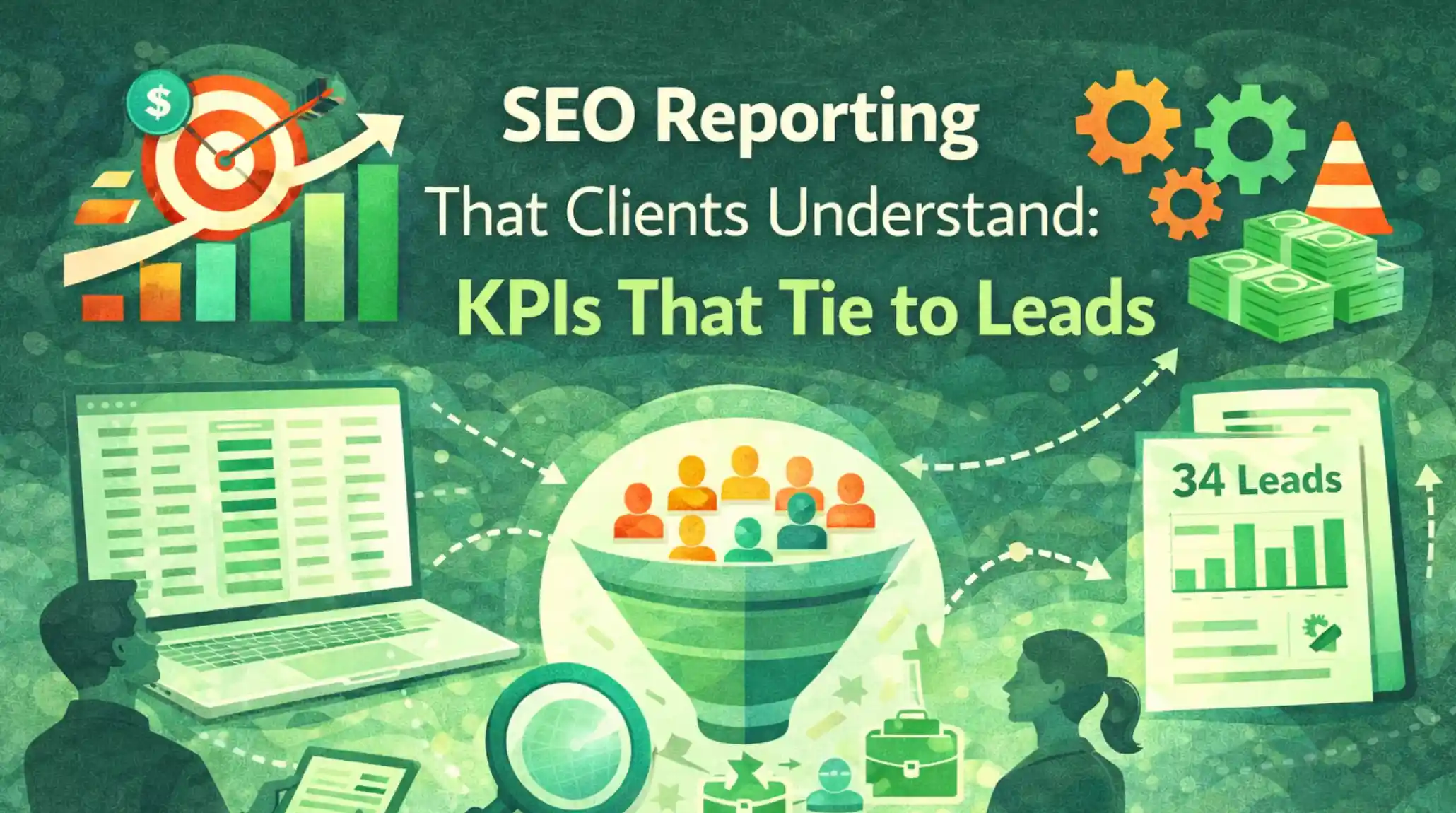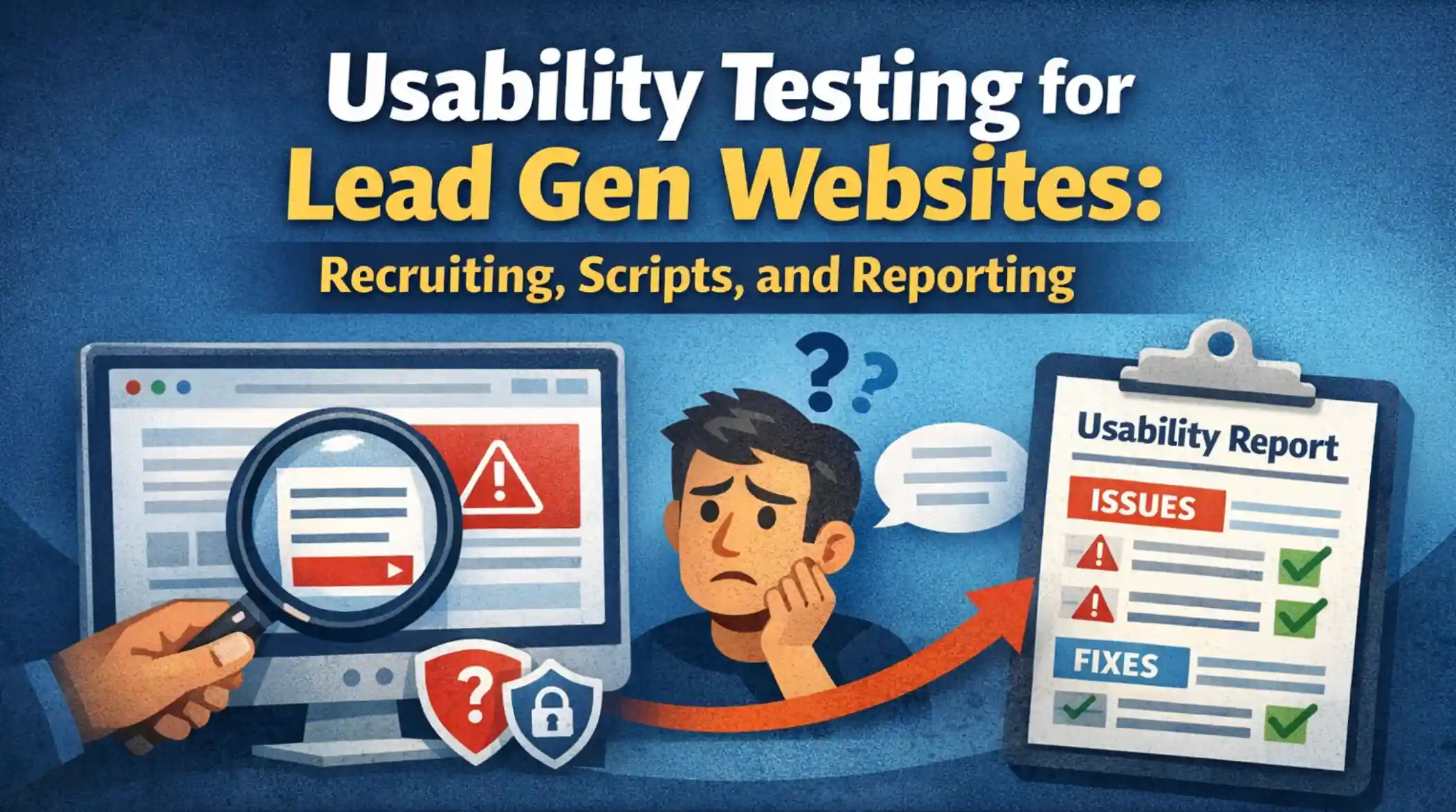This Is Everything You Need To Know About Ticketmaster's Marketing Strategy for Success
Updated on
Published on


Ticketmaster, a globally renowned ticket sales and distribution company, has played a pivotal role in revolutionizing the live event industry. Since its inception, Ticketmaster has been a driving force in connecting fans with their favourite artists, teams, and performances. The company's journey from a disruptive emergence to becoming an industry leader reflects its strategic prowess and adaptability in a dynamic market. In the highly competitive ticketing industry, where live experiences command significant consumer interest, having an effective marketing strategy is paramount. Ticket sales extend beyond a mere transaction; they embody a connection between fans and the events they are passionate about. A robust marketing strategy not only drives revenue but also fosters brand loyalty, engages diverse fan bases, and shapes the overall narrative of live events. The purpose of this article is to delve into the intricacies of Ticketmaster's marketing strategy. By exploring its historical evolution, business model, data-driven approaches, fan-centric initiatives, and multi-platform storytelling, we aim to unravel the key components that contribute to Ticketmaster's success. Through a comprehensive analysis, you will gain insights into how Ticketmaster has navigated industry challenges, adapted to technological shifts, and consistently delivered exceptional value to both venues and fans.
Understanding Ticketmaster's journey requires a look into the broader evolution of the ticketing industry. From traditional box office sales to modern digital platforms, the industry has undergone significant transformations. Technological advancements, changing consumer behaviours, and the demand for seamless experiences have shaped the landscape within which Ticketmaster operates. In the early 1970s, Ticketron held a near-monopoly as the sole computerized ticketing provider in the U.S. Ticketmaster's emergence marked a strategic shift in the industry's dynamics. Rather than replicating Ticketron's model, Ticketmaster redefined the relationship between venues, consumers, and ticketing services. The turning point for Ticketmaster came in 1991, when it acquired Ticketron. This acquisition not only eliminated a significant competitor but also allowed Ticketmaster to further solidify its position as a dominant player in the ticketing ecosystem. As technology advanced, Ticketmaster adapted by transitioning from physical ticket distribution to embracing digital business models. The introduction of digital ticketing not only streamlined processes but also laid the groundwork for a more personalized and data-driven approach to marketing.
Ticketmaster's Business Model
The business models of Ticketron and Ticketmaster diverged fundamentally. While Ticketron charged venues for using its ticketing system, Ticketmaster adopted a revolutionary approach by offering to pay venues a share of service charges. This shift in payment structure transformed Ticketmaster's relationship with venues. Ticketmaster's CEO, Fred Rosen, recognized that venues, not consumers, were the real customers. This strategic shift allowed Ticketmaster to position itself as a partner with venues, offering not only ticketing services but also financial incentives. The reversal of the payment structure meant that venues became stakeholders in Ticketmaster's success. Instead of paying for ticketing services, venues received a portion of the service charges, aligning their interests with Ticketmaster's growth. Digital ticketing, introduced following Ticketmaster's merger with Live Nation in 2009, played a crucial role in transforming relationships with both venues and fans. The shift to digital not only enhanced security but also provided valuable data insights, laying the foundation for more targeted marketing strategies.
In the modern era, data is the lifeblood of effective marketing. Ticketmaster recognized early on that leveraging data and analytics could provide invaluable insights into user behaviour, preferences, and trends. Ticketmaster's commitment to data-driven marketing is evident in its utilization of third-party Customer Relationship Management (CRM) software and tools. This approach enables Ticketmaster to manage vast amounts of fan data efficiently. Ticketmaster's proprietary tools, TM1 Reports and LiveAnalytics, represent the company's dedication to cutting-edge analytics. These tools empower marketers to make informed decisions based on real-time data, allowing for agile and strategic campaigns. An illustrative case study involves the Broward Centre for Performing Arts, which utilized Ticketmaster's LiveAnalytics to gain deep insights into audience demographics, behaviour, and preferences. By harnessing this data, the venue optimized its marketing efforts, resulting in increased ticket sales and enhanced user engagement.
Multi-platform storytelling is a cornerstone of Ticketmaster's marketing strategy. By engaging fans year-round, Ticketmaster generates organic demand signals that contribute to sustained interest and ticket sales. Ticketmaster's TM1 Audiences feature plays a crucial role in targeted fan outreach. This tool allows marketers to create audience segments based on various criteria, ensuring that marketing messages resonate with specific fan groups. A/B testing on social media provides insights into the effectiveness of different marketing approaches. By experimenting with content and messaging, venues can refine their strategies for optimal engagement. Ticketmaster's use of TM1 Engagement for subject line testing in email marketing showcases the company's commitment to optimization. By testing different subject lines, Ticketmaster ensures that email campaigns are not only delivered but also opened and acted upon.

Ticketmaster's commitment to delivering impactful campaigns is evident in its emphasis on A/B testing. A/B testing allows marketers to experiment with different elements, such as ad creatives, messaging, and calls-to-action, to identify the most effective strategies. By systematically comparing variations, Ticketmaster can refine its campaigns based on real-time data and performance metrics. In the realm of email marketing, subject lines play a crucial role in capturing audience attention. Ticketmaster understands this dynamic and employs subject-line testing to optimize email campaigns. This involves testing different subject lines to determine which resonates best with recipients, thereby increasing open rates and overall engagement. Ticketmaster's collaborative approach extends to working closely with marketing specialists. These specialists bring expertise and insights into market trends, audience behaviours, and emerging technologies. Through collaboration, Ticketmaster can tailor custom campaigns that align with specific events, venues, and fan demographics. This data-driven approach enables venues to allocate resources efficiently, focusing on the content formats that drive the highest engagement and conversion rates.
Fan-Centric Approach

Ticketmaster's success lies in its ability to tailor marketing campaigns to the diverse interests of fans. Recognizing that different demographics have varying preferences, Ticketmaster employs targeted strategies to engage a wide range of audiences. Understanding fan behaviour is crucial to Ticketmaster's fan-centric approach. By analyzing purchase timing behaviour profiles, Ticketmaster identifies the most opportune moments to engage with fans, ensuring maximum impact. Ticketmaster strategically leverages popular ad platforms such as Facebook and Google to reach its audience where they are most active. This approach ensures that marketing messages are delivered to fans in an authentic and relevant manner. The University of Kentucky's successful fan targeting for football season tickets serves as a notable case study. Ticketmaster's data-driven approach enabled the university to identify and engage potential ticket buyers effectively, resulting in a significant uptick in season ticket sales.
At the core of Ticketmaster's success lies its commitment to relationship marketing. Recognizing that ticket sales extend beyond transactions, Ticketmaster places significant emphasis on fostering connections with both clients and fans. This relationship-centric approach is integral to sustaining long-term success in the live events industry. Central to Ticketmaster's relationship marketing strategy is the fan identity platform, Ticketmaster Presence. This platform goes beyond traditional ticketing by creating detailed fan profiles. By understanding fan behaviours, preferences, and attendance history, Ticketmaster can tailor marketing efforts, enhancing the overall fan experience. Trust is a cornerstone of Ticketmaster's client relationships. Through transparent practices, secure digital ticketing, and reliable authentication processes, Ticketmaster has built a reputation for trustworthiness. In an industry where experiences are the driving force, this trust extends to customers, supporters, and partners. Brand partnerships are instrumental in Ticketmaster's relationship marketing. Collaborations with platforms like Spotify, YouTube, and social media giants amplify Ticketmaster's reach. These partnerships not only drive sales by reaching wider audiences but also enhance customer engagement through seamless integrations, as seen in the Spotify-Ticketmaster collaboration.
The onset of the COVID-19 pandemic posed unprecedented challenges to the live events industry. Ticketmaster, like many others, faced a sudden halt to in-person events, prompting a need for adaptive strategies and a focus on fan well-being. In response to cancelled events, Ticketmaster took proactive measures to refund tickets. Despite the challenges, a noteworthy 86% of fans chose to retain their tickets, showcasing a remarkable level of trust and loyalty even during uncertain times. Ticketmaster's ability to maintain fan trust during the pandemic highlights the resilience of its relationships. The willingness of fans to keep their tickets speaks volumes about the emotional connection that Ticketmaster fosters, transcending transactional dynamics. Despite the initial impact, Ticketmaster is on a path to recovery. The company's agility, fan-centric approach, and established relationships position it favourably for the resurgence of live events. Looking ahead, Ticketmaster remains optimistic about the future of the industry.
Interview with Ticketmaster CMO Kathryn Frederick
In an exclusive interview, Ticketmaster's CMO, Kathryn Frederick, sheds light on the challenges and innovations in the ticketing industry. As a key decision-maker, Frederick's insights into market dynamics, consumer trends, and emerging technologies shape Ticketmaster's strategic direction. Frederick's commitment to data-driven marketing is a driving force behind Ticketmaster's success. In the interview, she articulates how data, when coupled with creative content, forms the backbone of effective marketing. This obsession with data ensures that Ticketmaster remains agile, responsive, and attuned to evolving fan preferences. Ticketmaster Presence emerges as a pivotal tool in creating personalized fan experiences. Frederick discusses how the platform's detailed fan profiles enable targeted communication, personalized content, and a deeper understanding of fan journeys. This personalization is key to cultivating lasting connections with Ticketmaster's diverse audience. Frederick encapsulates Ticketmaster's essence by highlighting the magic of introducing fans to new experiences. Through innovative marketing strategies, Ticketmaster not only sells tickets but curates memorable moments. The interview provides a glimpse into how Ticketmaster continues to captivate audiences by staying at the forefront of marketing trends.
The Future of Ticketmaster's Marketing Strategy

In an exciting development for both music enthusiasts and artists, TikTok and Ticketmaster are extending their collaboration to over 20 countries, including the UK, Germany, France, Mexico, Spain, Sweden, and Australia. This expansion follows a successful beta launch in the US last year. The partnership allows certified artists on TikTok to seamlessly promote their upcoming concerts by incorporating Ticketmaster links into their videos, providing fans with the convenience of purchasing tickets directly from their mobile phones. Since the feature's beta introduction in the US, videos utilizing this functionality have garnered an impressive 2.5 billion views, showcasing its popularity among musicians, sports teams, and event organizers. Notable artists such as Niall Horan, Burna Boy, Shania Twain, and The Kooks have already capitalized on this innovative feature. TikTok's Global Music Partnership Development Lead, Michael Kümmerle, expressed the platform's commitment to revolutionizing the live events landscape by empowering artists to connect with their audience in unprecedented ways.
As the live events landscape continues to evolve, Ticketmaster keeps a keen eye on emerging trends. From advancements in virtual experiences to the integration of augmented reality in event promotions, staying abreast of industry shifts ensures Ticketmaster remains at the forefront of innovation. Ticketmaster is poised for the future with a repertoire of innovative initiatives. This includes further enhancements to Ticketmaster Presence, leveraging artificial intelligence for more nuanced fan interactions, and exploring blockchain technology for secure and transparent ticketing. Acknowledging the dynamic nature of the entertainment industry, Ticketmaster anticipates challenges such as evolving consumer behaviours, regulatory changes, and technological disruptions. The company's proactive stance involves continuous market research, adaptive strategies, and leveraging its robust data analytics capabilities. Ticketmaster's journey from challenging Ticketron's monopoly to becoming a global leader is a testament to strategic marketing. By placing relationships at the forefront, embracing data-driven insights, and navigating unprecedented challenges like the COVID-19 pandemic, Ticketmaster has not only survived but thrived.
Ticketmaster stands as a cornerstone in the ticketing industry, not merely as a platform for transactions but as a curator of experiences. Its strategic positioning as a trusted intermediary between venues, artists, and fans solidifies its role in driving the live event ecosystem. Ticketmaster's marketing strategy is a holistic tapestry woven with data precision, fan-centricity, and dynamic adaptability. The company's success lies not only in selling tickets but in orchestrating an ongoing symphony of relationships, experiences, and innovations that resonate with a diverse and global audience. In a landscape where the intersection of technology and live entertainment defines success, Ticketmaster emerges not just as a ticketing giant but as a pioneer shaping the future of fan experiences. As the curtains rise on the next act for Ticketmaster, the stage is set for an encore in innovative marketing strategies and continued leadership in the world of live events.




webp.webp)




